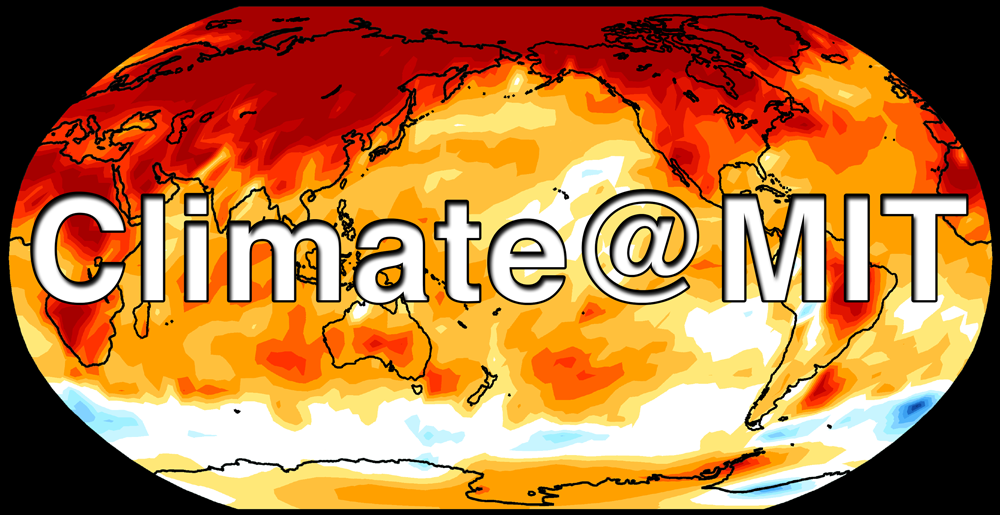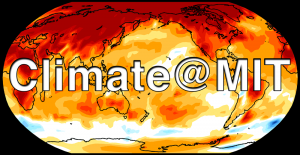Featured Stories, MIT, News | February 23, 2017
Climate@MIT

MIT is proud to announce the launch of a new online publication, Climate@MIT, which reports on exciting climate science research on campus and in the field. Co-sponsored by MIT’s Lorenz Center and the MIT Program in Atmospheres, Oceans, and Climate (PAOC) in the Department of Earth, Atmospheric and Planetary Sciences (EAPS), Climate@MIT unifies crosscutting research at MIT aimed at tackling some of the biggest questions and issues of our time into one platform. Further, it disseminates issues that MIT climate scientists confront and demystifies the complexities that they navigate while conducting their research. And while Climate@MIT focuses on climate as a fundamental science, we’ll occasionally comment on climate action and policy at MIT and other groups’ climate research.
As a group of climate researchers, we are dedicated to uncovering the causes and implications of such changes for our past, present and future world. Using observations, theory and models, we strive to unite algorithmic, computational, physical, biogeochemical, and technological innovations to illustrate how the climate has been and is being modified through time. Elements of computational fluid dynamics, statistics, meteorology, oceanography, cryospheric and land surface processes, and computer science add definition to the larger picture of Earth’s changes. We also investigate interactions between organisms, human activities and ecosystems, which provide additional levels of feedback on natural processes affecting Earth’s climate and its changes over time.
While the field of climate science is ever-evolving as new facets are discovered, a goal of our work with Climate@MIT is to provide current, accurate and relevant climate research and reporting to governments, industries and citizens. In this way, we can help foster an informed society, aware of the intricacies involved with climate research and armed with information to understand our changing world
For more information about Climate@MIT, please contact our Directors Raffaele Ferrari, John Marshall and Kerry Emanuel, and science writer Lauren Hinkel.
And visit our Facebook page!
***
Understanding and predicting global climate change may be one of the most complex scientific challenges faced today. MIT’s School of Science launched the Lorenz Center, a new climate think tank devoted to fundamental inquiry named after the late MIT meteorologist Edward N. Lorenz, a pioneer of chaos theory. By emphasizing curiosity-driven research, the Center fosters creative approaches to learning how climate works.
The Program in Atmospheres, Oceans, and Climate (PAOC)
PAOC oversees a broad program of education and research in atmospheric, oceanic, and climate sciences. We are engaged in some of the most intellectually challenging and important problems in science, such as the physics of hurricanes, the dynamics of ice ages, and the role of oceans in shaping Earth’s climate. PAOC is part of the Department of Earth, Atmospheric and Planetary Sciences at MIT.
The phenomena under study involve a large array of scientific disciplines, which are crucial to understanding Earth’s climate- geophysics, geochemistry, physical and chemical oceanography, meteorology, atmospheric chemistry, and planetary science. The program carries out research and gives instruction in all of these principal areas. Perhaps more than any other program in the world, PAOC offers its students unique opportunities for interdisciplinary study and research. In all areas we emphasize a combination of theoretical, observational and modeling approaches.






